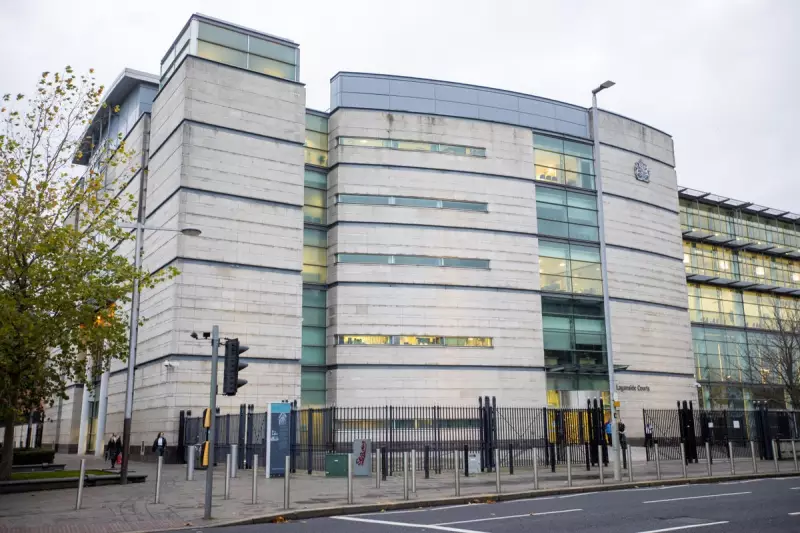
In a watershed moment for British-Irish relations, former Prime Minister David Cameron has issued a formal and profound apology for the events of Bloody Sunday in Londonderry. The statement, delivered to the House of Commons, addressed the findings of the Saville Inquiry which investigated the tragic events of January 30th, 1972.
The Saville Report, following a 12-year investigation, concluded that British soldiers from the elite Parachute Regiment fired the first shot and continued firing on unarmed civil rights marchers. The inquiry found that none of the casualties posed any threat to the soldiers' lives.
Mr Cameron stated unequivocally that the actions of the soldiers were 'both unjustified and unjustifiable.' In a powerful address, he declared, 'What happened on Bloody Sunday was both unjustified and unjustifiable. It was wrong.' This represented the clearest and most direct apology from the British government in the decades since the tragedy.
The Lasting Impact of a National Tragedy
The events in the Bogside area of Londonderry resulted in the deaths of 14 individuals and left many others injured. For over 38 years, the families of the victims campaigned tirelessly for justice and official recognition of the truth.
The government's apology is seen as a critical step in the ongoing peace and reconciliation process in Northern Ireland. It acknowledges a profound failure by the state and its armed forces on that fateful day.
A Long Road to Truth
The original Widgery Tribunal, held shortly after the events, was widely discredited by families and human rights groups as a whitewash. The establishment of the Saville Inquiry in 1998 under Prime Minister Tony Blair marked a significant commitment to uncovering the truth.
Mr Cameron's statement praised the families for their perseverance, acknowledging they had faced a 'double tragedy' - the loss of their loved ones and the subsequent decades-long struggle to clear their names.
This official apology stands as a historic moment of accountability and a pivotal chapter in the complex history of Northern Ireland and UK defence policy.





